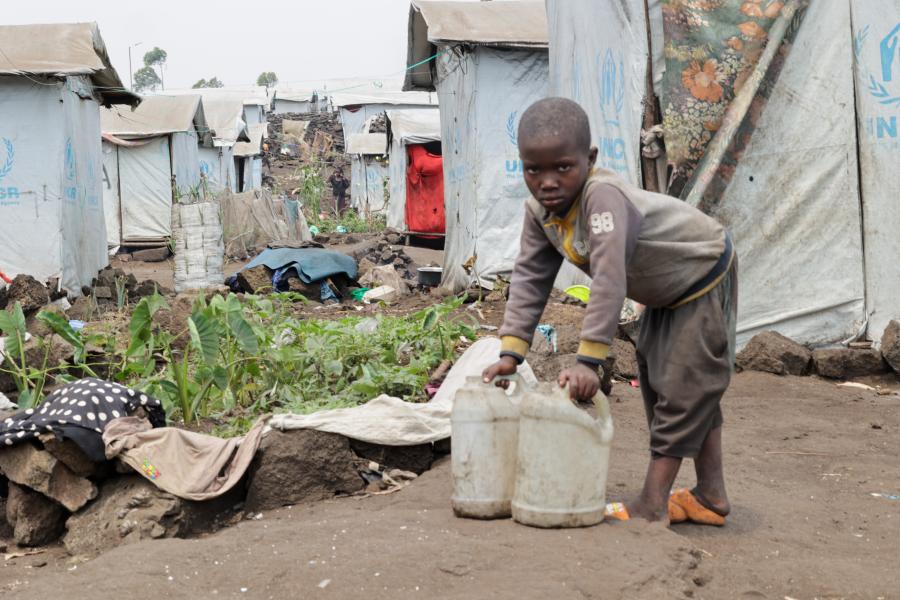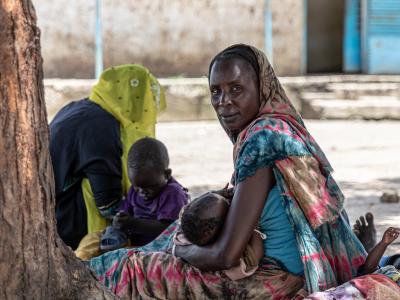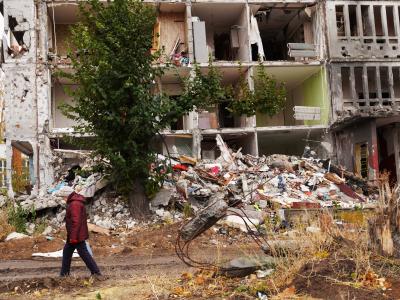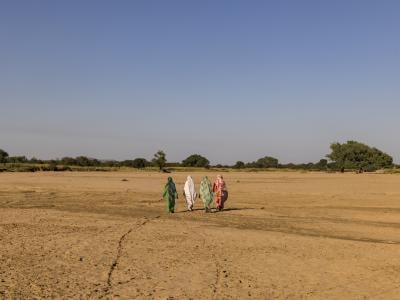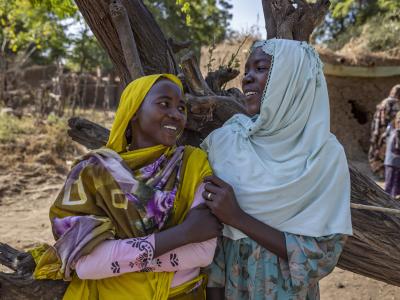Global financial needs amount to $245 million (-5% vs 2024 current budget)
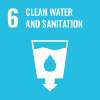
Sustainable Development Goal 6 aims for "clean water and sanitation for all", but in some countries forcibly displaced people have little access to basic drinking water services and sanitation. In the first half of 2024, UNHCR supported more than 5.5 million refugees and asylum-seekers with drinking water and/or sanitation services in 29 countries. In 2025, UNHCR will provide those services in new emergencies and in protracted situations, with refugees still lacking minimum services in 34 countries. We will improve water supply management, make water infrastructure more climate-resilient, and advocate for refugees’ inclusion in national water and sanitation services.
Core Outcome Indicators
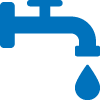
Proportion of people using at least
basic drinking water services

Proportion of people with access to
a safe household toilet
Core Output Indicators
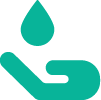
Number of people supported with access to water and/or sanitation services*
2024 Mid-year progress: 5.57 million
*29 country operations reporting
Financial overview
